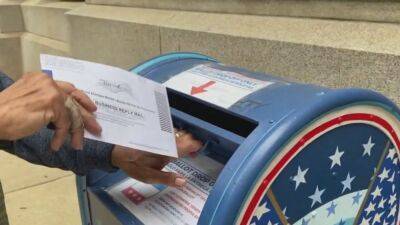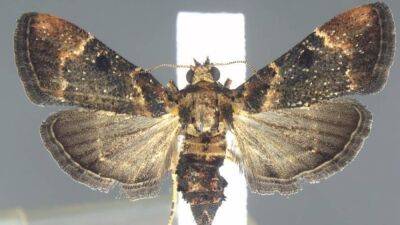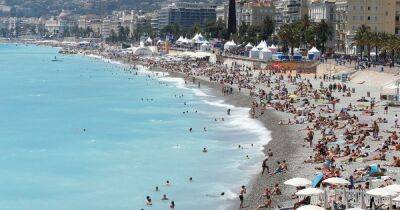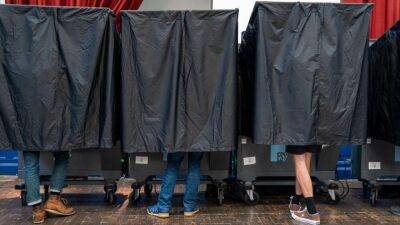As Canada eyes response to Supreme Court extreme intoxication ruling, here’s what to know
Supreme Court of Canada ruled defendants in violent criminal cases can use a defence known as extreme intoxication to the point of automatism.During question period on Monday, Lametti had said the government is “studying” its options to respond following the court’s ruling that a law prohibiting that defence from being used in case of self-induced extreme intoxication was unconstitutional.But there remain questions about what the availability of the defence will mean for victims of violent crimes, and how the law defines extreme intoxication to the point of automatism.Here’s what we know.In a decision issued May 13, the court declared unconstitutional a federal law prohibiting the use of the defence known as non-insane automatism, which refers to a state of self-induced extreme intoxication, by those accused of violent crimes such as sexual assault and homicide.Automatism in Canadian law is defined as “a state of unconsciousness that renders a person incapable of consciously controlling their behaviour while in that state.”The same definition is used to support the defence of “insane automatism,” which is what is used in criminal cases where the accused is found to be not criminally responsible.
Canada’s top court says voluntary extreme intoxication a defence in violent crimes The federal government had added the provision to the Criminal Code in 1995 specifically in recognition of concern “that self-induced intoxication may be used socially and legally to excuse violence, particularly violence against women and children.”But in three separate cases involving men who were prosecuted for committing violent crimes in what they claimed was a state of automatism after consuming intoxicating substances, the court ruled that.










![The CanSino Biologics Ad5-nCoV-S [recombinant] COVID-19 vaccine: What you need to know - who.int](https://mediclife.net/storage/thumbs_400/img/2022/5/20/304154_anf.jpg)








































